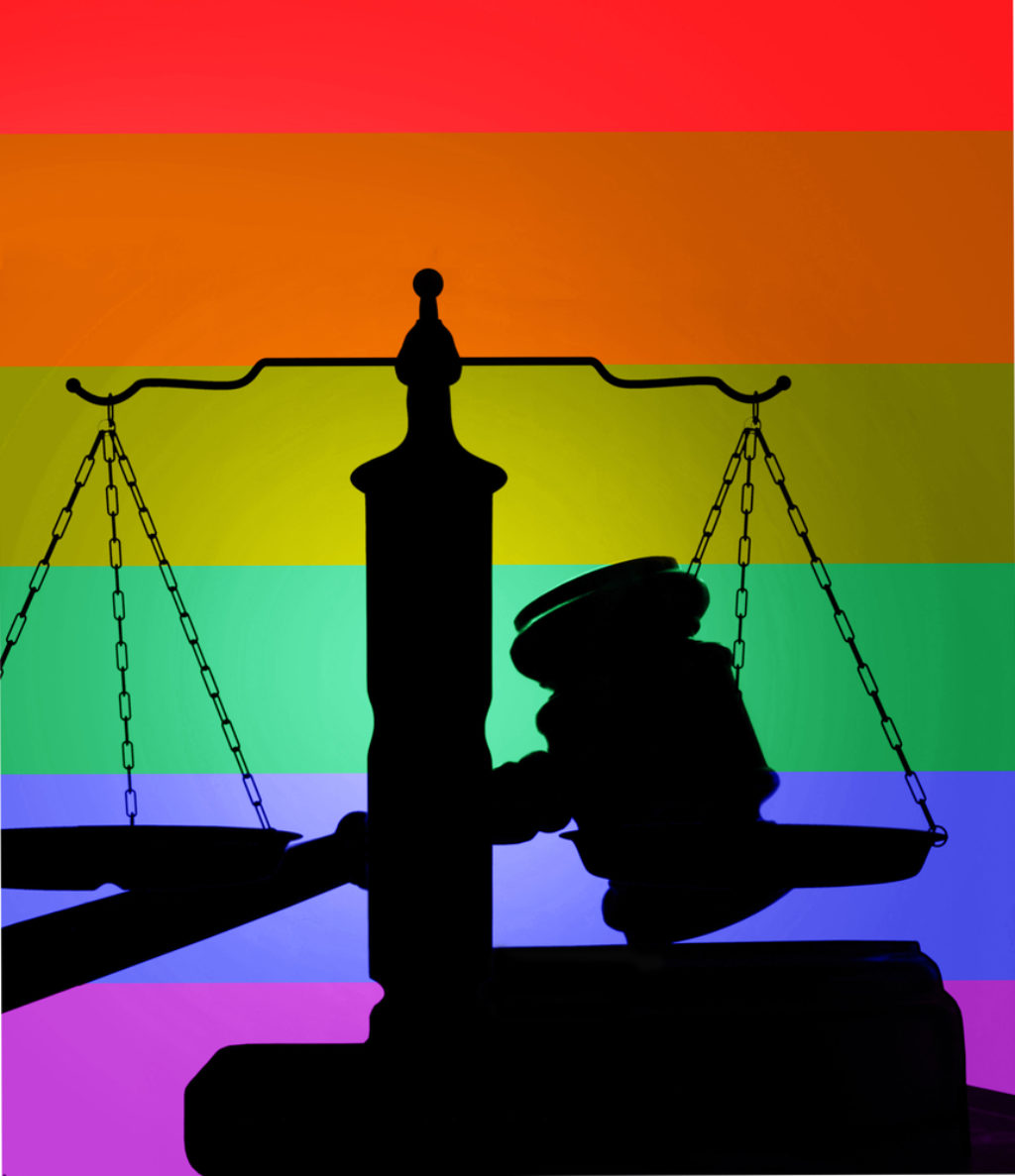After a legal battle lasting nearly five years, the Supreme Court of Canada ruled today that it was legal to deny accreditation to Trinity Western University’s proposed law school in British Columbia. That means graduates of the Christian law school may not have the paperwork needed to practice law in certain provinces, making their diplomas effectively useless.
The separate 7-2 decisions were based on Trinity Western’s requirement that students had to sign a statement saying “sexual intimacy” was only reserved for straight couples. Because of that anti-gay policy, law societies in Ontario, British Columbia, and Nova Scotia said in 2013 that they would refuse to grant accreditation to potential graduates of the school. (Other provinces said they would accept graduates into the bar.)
The school sued in all three of those provinces that refused to consider their future graduates. In British Columbia and Nova Scotia, the school won. But in Ontario, the school lost.
The Supreme Court was tasked with settling appeals in both British Columbia and Ontario, and in both cases, they sided with the legal societies.
The justices argued that Trinity Western’s anti-gay policy would be harmful to and discriminatory against LGBTQ students, and that the legal profession had every right to ensure equal access to their profession.
… the question the Court had to answer was whether the Law Societies’ decisions not to approve TWU’s proposed law school were reasonable. They said that they were. To be considered reasonable, the decisions had to strike a proportionate balance between the religious rights of the TWU community and the Law Societies’ objectives to protect the public interest. For the majority, the “public interest” included promoting equality by ensuring equal access to the legal profession, supporting diversity within the bar, and preventing harm to LGBTQ law students. Neither Law Society was stopping someone from following his or her own religious beliefs (including following the covenant if s/he wanted to). They only prevented TWU from enforcing beliefs on other members of the law school community. Because of this, the majority said the decisions did not seriously limit anyone’s religious freedoms.
If this decision seems surprising to you, it may be because the Canadian and U.S. laws see these situations differently.
Read the full story at the Friendly Atheist Blog



